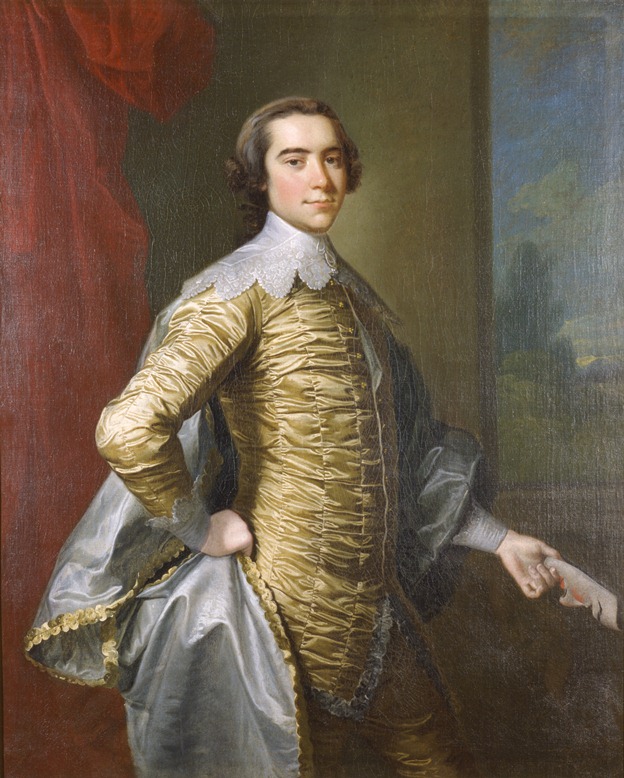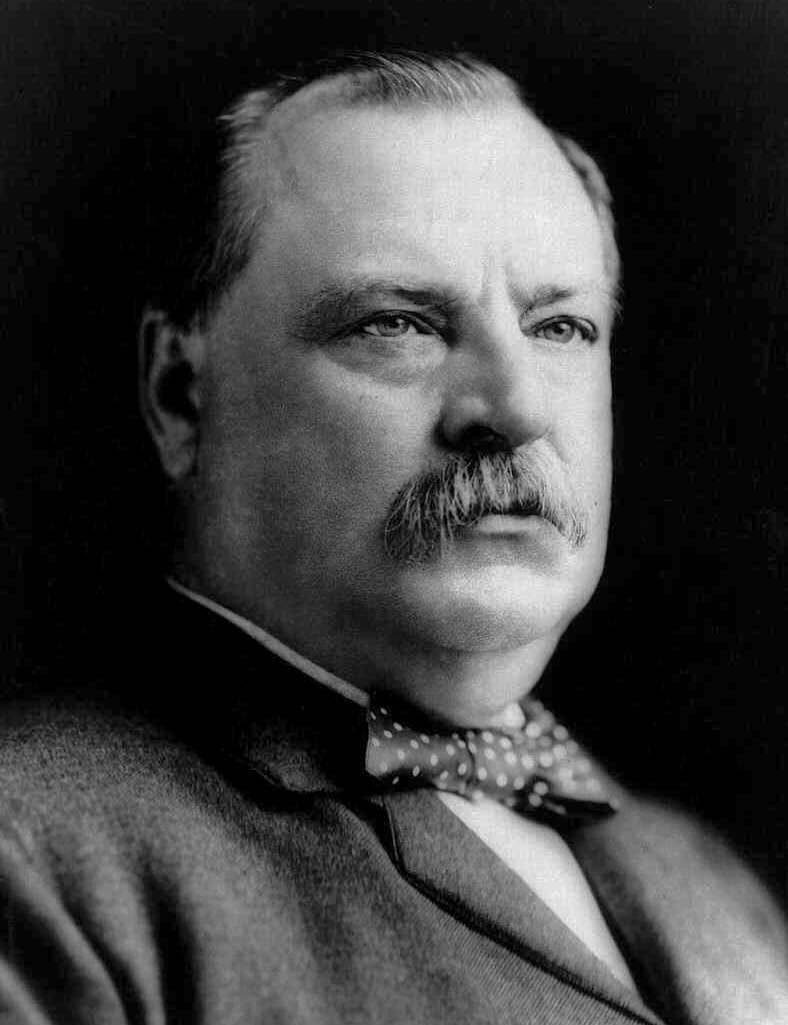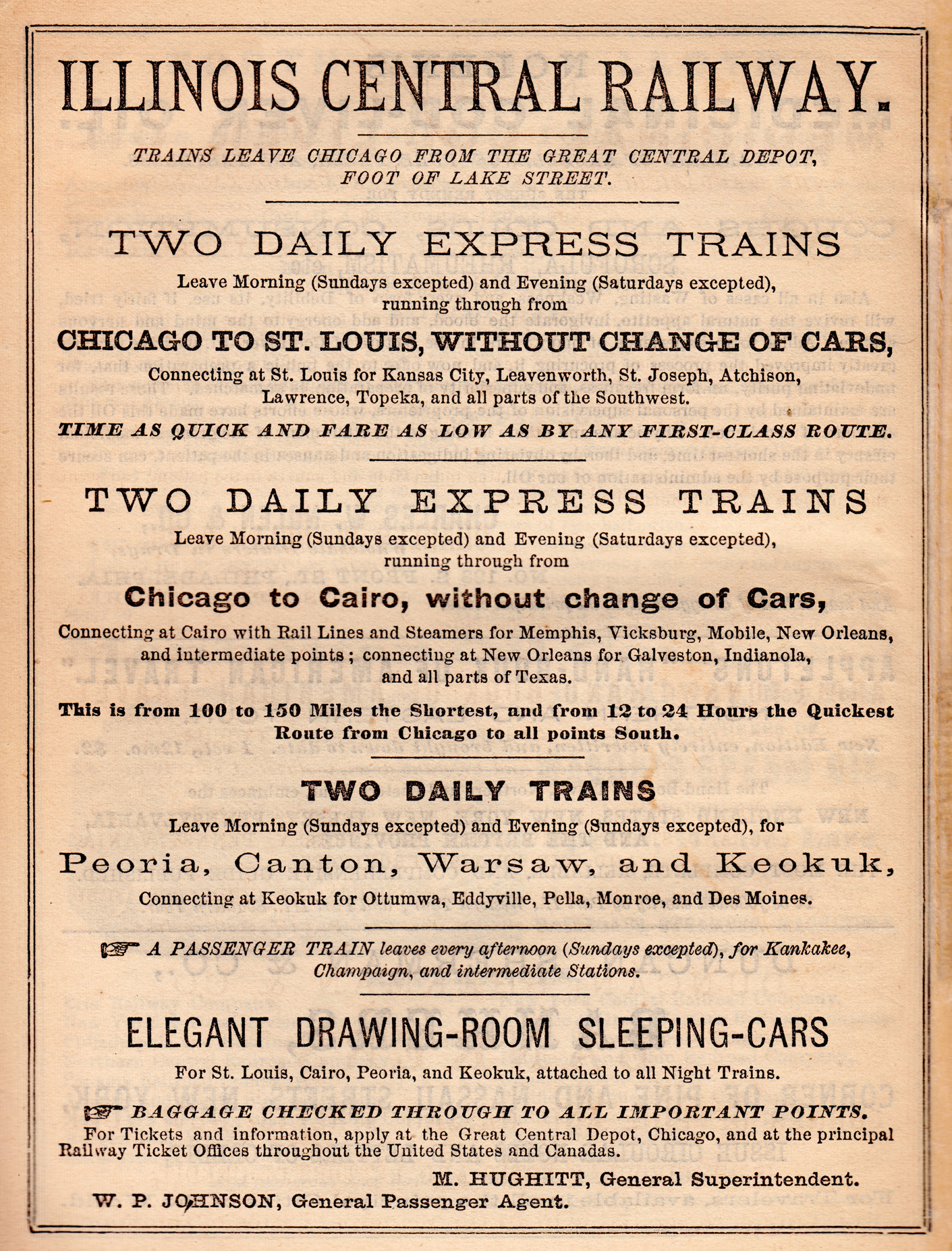|
Absolom West
Absolom Madden West (1818 – September 30, 1894) was an American planter, Confederate militia general, state politician, railroad president and labor organizer. Born in Alabama, he became a plantation owner in Holmes County, Mississippi and President of the Mississippi Central Railroad. He served in the American Civil War. After the war, he served in the Mississippi State Senate and ran for Vice President of the United States, unsuccessfully. Early life Absolom Madden West was born in 1818 in Alabama. His father, Anderson West, was a county sheriff. Career West obtained Federal land grants in Mississippi and moved to Holmes County, Mississippi in 1837, where he became a planter. He won election to the Mississippi State Senate as a Whig in 1847. In 1853, he became an officer of the newly formed Mississippi Central Railroad.Stone, J.H. General Absolom Madden West and the Civil War in Mississippi. J. Miss. Hist. 42:135-144 Although initially an opponent of secessi ... [...More Info...] [...Related Items...] OR: [Wikipedia] [Google] [Baidu] |
Alabama
(We dare defend our rights) , anthem = " Alabama" , image_map = Alabama in United States.svg , seat = Montgomery , LargestCity = Huntsville , LargestCounty = Baldwin County , LargestMetro = Greater Birmingham , area_total_km2 = 135,765 , area_total_sq_mi = 52,419 , area_land_km2 = 131,426 , area_land_sq_mi = 50,744 , area_water_km2 = 4,338 , area_water_sq_mi = 1,675 , area_water_percent = 3.2 , area_rank = 30th , length_km = 531 , length_mi = 330 , width_km = 305 , width_mi = 190 , Latitude = 30°11' N to 35° N , Longitude = 84°53' W to 88°28' W , elevation_m = 150 , elevation_ft = 500 , elevation_max_m = 735.5 , elevation_max_ft = 2,413 , elevation_max_point = Mount Cheaha , elevation_min_m = 0 , elevation_min_ft = 0 , elevation_min_point = Gulf of Mexico , OfficialLang = English , Languages = * English 95.1% * Spanish 3.1% , population_demonyms = Alabamian (We dare defend our rights) , anthem = "Alabama (state song), Alabama" , i ... [...More Info...] [...Related Items...] OR: [Wikipedia] [Google] [Baidu] |
Planter (American South)
The planter class, known alternatively in the United States as the Southern aristocracy, was a racial and socioeconomic caste of pan-American society that dominated 17th and 18th century agricultural markets. The Atlantic slave trade permitted planters access to inexpensive African slave labor for the planting and harvesting of crops such as tobacco, cotton, indigo, coffee, tea, cocoa, sugarcane, sisal, oil seeds, oil palms, hemp, rubber trees, and fruits. Planters were considered part of the American gentry. In the Southern United States, planters maintained a distinct culture, which was characterized by its similarity to the manners and customs of the British nobility and gentry. The culture had an emphasis on chivalry, gentility, and hospitality. The culture of the Southern United States, with its landed plantocracy, was distinctly different from areas north of the Mason–Dixon line and west of the Appalachian Mountains. The northern and western areas were characterized by s ... [...More Info...] [...Related Items...] OR: [Wikipedia] [Google] [Baidu] |
1884 United States Presidential Election
The 1884 United States presidential election was the 25th quadrennial presidential election, held on Tuesday, November 4, 1884. It saw the first Democrat elected President of the United States since James Buchanan in 1856, and the first Democratic president to hold office since Andrew Johnson, who assumed the presidency after the assassination of Abraham Lincoln. Governor Grover Cleveland of New York defeated Republican James G. Blaine of Maine. The election was set apart by unpleasant mudslinging and shameful personal allegations that eclipsed substantive issues, for example, civil administration change. It was a historically significant election, as Cleveland was the only Democratic president between Andrew Johnson, who left office in 1869, and Woodrow Wilson, who began his first term in 1913, representing a disruption of the period of Republican domination of the presidency between Reconstruction and the Great Depression. Cleveland won the presidential nomination on th ... [...More Info...] [...Related Items...] OR: [Wikipedia] [Google] [Baidu] |
Benjamin Butler (politician)
Benjamin Franklin Butler (November 5, 1818 – January 11, 1893) was an American major general of the Union Army, politician, lawyer, and businessman from Massachusetts. Born in New Hampshire and raised in Lowell, Massachusetts, Butler is best known as a political major general of the Union Army during the American Civil War and for his leadership role in the impeachment of U.S. President Andrew Johnson. He was a colorful and often controversial figure on the national stage and on the Massachusetts political scene, serving five terms in the U.S. House of Representatives and running several campaigns for governor before his election to that office in 1882. Butler, a successful trial lawyer, served in the Massachusetts legislature as an antiwar Democrat and as an officer in the state militia. Early in the Civil War he joined the Union Army, where he was noted for his lack of military skill and his controversial command of New Orleans, which brought him wide dislike in ... [...More Info...] [...Related Items...] OR: [Wikipedia] [Google] [Baidu] |
Anti-Monopoly Party
The Anti-Monopoly Party was a short-lived American political party. The party nominated Benjamin F. Butler for President of the United States in 1884, as did the Greenback Party, which ultimately supplanted the organization. Organizational history The first organized Anti-Monopoly Party was founded in Minnesota in 1874 by former congressman Ignatius L. Donnelly. The Anti-Monopoly Party was founded as a national political party in 1884 at its convention in Chicago, which took place on May 14, 1884. Prior to this convention, however, there were Anti-Monopoly Parties operating at the state level, notably in California and New York. The party's platform was similar to those of other parties identified as progressive. The party advocated such measures as direct election of senators, a graduated income tax, industrial arbitration and the establishment of labor bureaus to enhance the legal rights of organized labor, and antitrust legislation, among other matters. The party also ... [...More Info...] [...Related Items...] OR: [Wikipedia] [Google] [Baidu] |
United States Greenback Party
The Greenback Party (known successively as the Independent Party, the National Independent Party and the Greenback Labor Party) was an American political party with an anti-monopoly ideology which was active between 1874 and 1889. The party ran candidates in three presidential elections, in 1876, 1880 and 1884, before it faded away. The party's name referred to the non- gold backed paper money, commonly known as " greenbacks," that had been issued by the North during the American Civil War and shortly afterward. The party opposed the deflationary lowering of prices paid to producers that was entailed by a return to a bullion-based monetary system, the policy favored by the Republican and Democratic Parties. Continued use of unbacked currency, it was believed, would better foster business and assist farmers by raising prices and making debts easier to pay. Initially an agrarian organization associated with the policies of the Grange, the organization took the name Greenback La ... [...More Info...] [...Related Items...] OR: [Wikipedia] [Google] [Baidu] |
1876 United States Presidential Election
The 1876 United States presidential election was the 23rd quadrennial presidential election, held on Tuesday, November 7, 1876, in which Republican nominee Rutherford B. Hayes faced Democrat Samuel J. Tilden. It was one of the most contentious presidential elections in American history. Its resolution involved negotiations between the Republicans and Democrats, resulting in the Compromise of 1877, and on March 2, 1877, the counting of electoral votes by the House and Senate occurred, confirming Hayes as President. It was the second of five U.S. presidential elections in which the winner did not win a plurality of the national popular vote. This is the only time both major party nominees were incumbent US governors. After U.S. President Ulysses S. Grant declined to seek a third term despite previously being expected to do so, U.S. Representative James G. Blaine emerged as the frontrunner for the Republican nomination. However, Blaine was unable to win a majority at the 18 ... [...More Info...] [...Related Items...] OR: [Wikipedia] [Google] [Baidu] |
National Labor Union
The National Labor Union (NLU) is the first national labor federation in the United States. Founded in 1866 and dissolved in 1873, it paved the way for other organizations, such as the Knights of Labor and the AFL (American Federation of Labor). It was led by William H. Sylvis and Andrew Cameron. Organizational history The National Labor Union (NLU) followed the unsuccessful efforts of labor activists to form a national coalition of local trade unions. The NLU sought instead to bring together all of the national labor organizations in existence, as well as the "eight-hour leagues" established to press for the eight-hour day, to create a national federation that could press for labor reforms and help found national unions in those areas where none existed. The new organization favored arbitration over strikes and called for the creation of a national labor party as an alternative to the two existing parties. The NLU drew much of its support from construction unions and other ... [...More Info...] [...Related Items...] OR: [Wikipedia] [Google] [Baidu] |
United States House Of Representatives
The United States House of Representatives, often referred to as the House of Representatives, the U.S. House, or simply the House, is the lower chamber of the United States Congress, with the Senate being the upper chamber. Together they comprise the national bicameral legislature of the United States. The House's composition was established by Article One of the United States Constitution. The House is composed of representatives who, pursuant to the Uniform Congressional District Act, sit in single member congressional districts allocated to each state on a basis of population as measured by the United States Census, with each district having one representative, provided that each state is entitled to at least one. Since its inception in 1789, all representatives have been directly elected, although universal suffrage did not come to effect until after the passage of the 19th Amendment and the Civil Rights Movement. Since 1913, the number of voting representat ... [...More Info...] [...Related Items...] OR: [Wikipedia] [Google] [Baidu] |
Illinois Central
The Illinois Central Railroad , sometimes called the Main Line of Mid-America, was a railroad in the Central United States, with its primary routes connecting Chicago, Illinois, with New Orleans, Louisiana, and Mobile, Alabama. A line also connected Chicago with Sioux City, Iowa (1870). There was a significant branch to Omaha, Nebraska (1899), west of Fort Dodge, Iowa, and another branch reaching Sioux Falls, South Dakota (1877), starting from Cherokee, Iowa. The Sioux Falls branch has been abandoned in its entirety. The Canadian National Railway acquired control of the IC in 1998, and merged its operations in 1999. Illinois Central continues to exist as a paper railroad. History The IC was one of the oldest Class I railroads in the United States. The company was incorporated by the Illinois General Assembly on January 16, 1836. Within a few months Rep. Zadok Casey (D-Illinois) introduced a bill in the U.S. House of Representatives authorizing a land grant to the comp ... [...More Info...] [...Related Items...] OR: [Wikipedia] [Google] [Baidu] |
Mississippi Historical Society
The Mississippi Historical Society (MHS) is a historical society located in the U.S. state of Mississippi. The society was established in 1858 but was terminated soon after because of the outbreak of the American Civil War. It remained in hiatus until 1890, after which it published extensively over the next 35 years and helped establish the Mississippi Department of Archives and History in 1902. After a second protracted hiatus from 1925 until 1952, the society re-emerged and has remained in continuous operation ever since. The society publishes the ''Journal of Mississippi History'' and the online publication ''Mississippi History Now,'' which contains more than 150 essays about topics in Mississippi history. History Establishment The Mississippi Historical Society (MHS) was founded in Jackson on November 9, 1858. [...More Info...] [...Related Items...] OR: [Wikipedia] [Google] [Baidu] |




.jpg)
